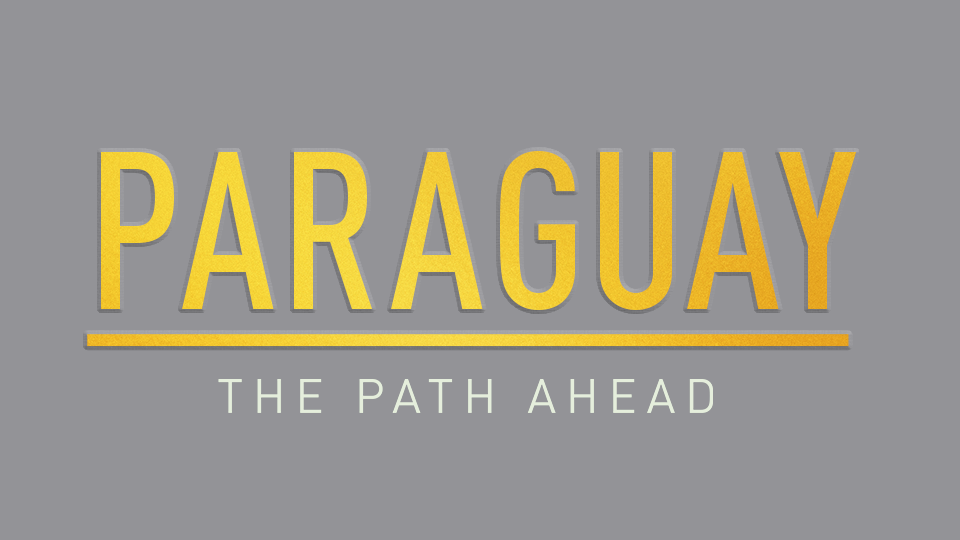
-
Introduction by Paulo Cabral
Paraguay is a study of contrasts. When it comes to economic performance, the country has fared much better than some of its bigger neighbors, such as Brazil and Argentina. Paraguay’s GDP saw an average growth of 5 percent per year over the last decade, according to the World Bank. This has helped to reduce poverty and promote shared prosperity.
However, social inequality remains a serious issue. Despite the growing importance of food production and exports in Paraguay, at least 10 percent of the country’s 7-million population still faces hunger and malnutrition, according to United Nations estimates.
Paraguay's Maquilla Law, which offers attractive tax reductions to companies planning to export all of their production, has led to increased industry and investment from foreign countries. This has created thousands of much needed jobs in the country. But critics such as the trade unions also argue that the Maquilla Law pay workers too little to bring about real social change and reduce income inequality.
From one of the poorest areas in the capital of Assuncion, we visited the Cateura Recyclebles Orchestra, where musicians use instruments made with materials found in a large garbage dump. Many people from the area spend their days scavenging for any material they can sell to make some money. This orchestra is using music to uplift themselves in another way.
Cameraman Alexandre Rampazzo and I will be sharing these stories and more from this fascinating country.
 CGTN America
CGTN America